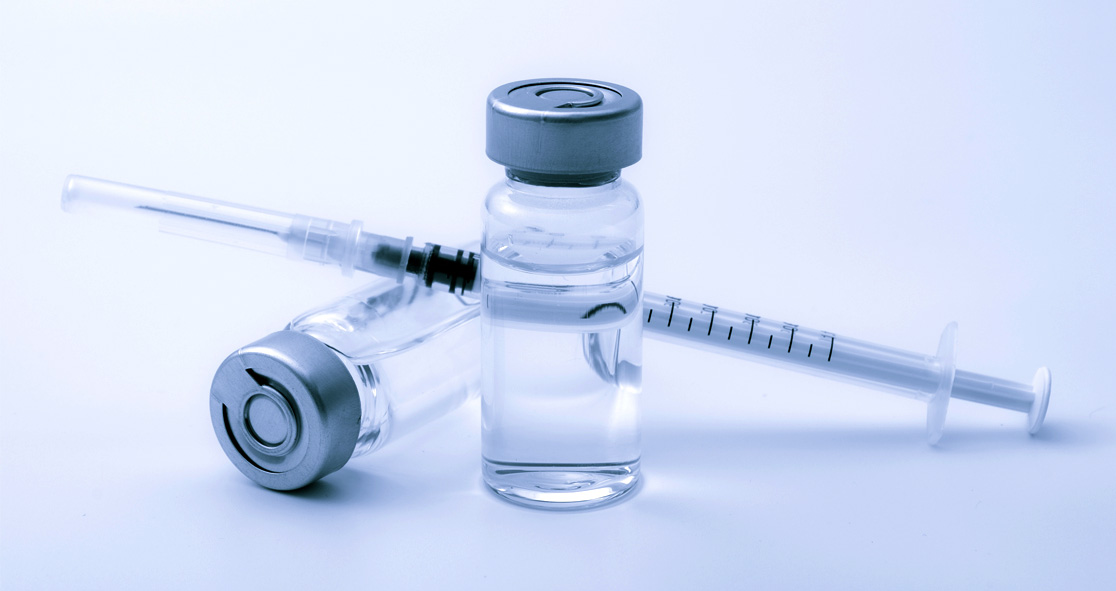It has almost been 40 years since the first cases of AIDS were documented and scientists have made groundbreaking discoveries in HIV treatment, making an incurable disease a treatable one.
However, we still have no HIV vaccine that would train the immune system to ward off the viral infection before it takes the root.
People living with HIV now have access to medications called antiretroviral therapy (ART) that controls the viral load, meaning it keeps down the amount of virus in the body. ART keeps HIV patients healthy so they are unable to transmit HIV to their partners.
Apart from ART, people at high risk for HIV infection can now get pre-exposure prophylaxis (PrEP) a daily pill that reduces the risk of infection by 99%.
However, “access to medication is not organized in every part of the world,” said Dr. Hanneke Schuitemaker, a Dutch virologist.
Dr. Schuitemaker is the Global Head of Viral Vaccine Discovery and Translational Medicine at Johnson & Johnson’s (J&J) Janssen Vaccines & Prevention.
Historically, vaccines have played a key role in eradicating infectious diseases.
J&J is conducting two human trials for its experimental HIV vaccine, with initial results expected as early as “the end of this year,” said Dr. Schuitemaker, who is also a Professor of Virology at the Amsterdam University Medical Center of the University of Amsterdam.
COVID vaccines have been developed in record time with remarkable levels of safety and efficacy. In fact, they have helped drive down cases in the countries that have wide access.
While most COVID vaccines were developed using technologies that were previously being tried out on HIV, why don’t we have a breakthrough yet?
To explain this, Dr. Larry Corey said, “The human immune system doesn’t self-cure HIV, whereas what was very clear was the human immune system was quite capable of self-curing COVID-19.”
Dr. Corey is the principal investigator of HIV Vaccine Trials Network (HVTN) – a non-profit organization that funds HIV vaccine development.
Coronavirus vaccines work by eliciting antibodies that bind to the virus’ spike protein and stop it from infecting human cells, according to Medical Xpress. Also, HIV has spike-shaped proteins on its surface, which are the target of HIV vaccine development.
COVID has tens of well-known variants circulating worldwide, but HIV has hundreds or thousands of variants inside each infected person, according to Dr. William Schief, who is a professor and immunologist at Scripps Research Institute.
For decades, researchers are trying to develop HIV vaccines but have so far failed to do so.
For instance, last year, a South African study that was testing a vaccine candidate failed to show promising results.
Currently, the J&J’s experimental vaccine is being trialed in 2,600 women in sub-Saharan Africa in a trial, which is expected to report results in a few months. The vaccine candidate is also being tested in nearly 3,800 men who have sex with men and transgender individuals across the US, South America, and Europe in another trial.
The vaccine candidate uses similar adenovirus technology to its COVID-19 vaccine – a genetically modified cold virus delivers genetic cargo-carrying instructions for the host to develop “mosaic immunogens,” according to Medical Xpress.
Mosaic immunogens are the molecules capable of inducing an immune response to a wide variety of HIV strains.
Trials for the efficacy of the vaccine are still a long way off, but experts are hopeful the mRNA technology can make the difference. The article was published in Medical Xpress.























